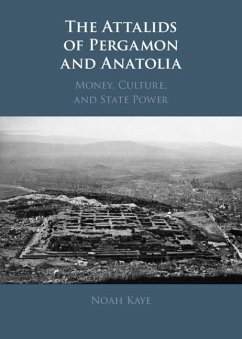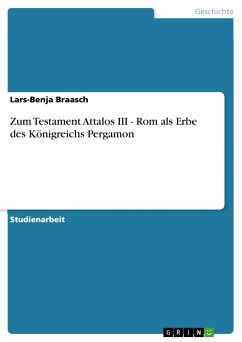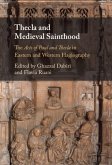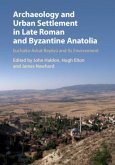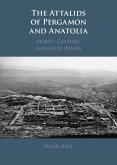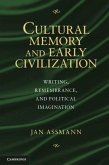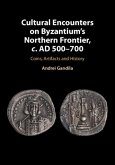Historians have long wondered at the improbable rise of the Attalids of Pergamon after 188 BCE. The Roman-brokered Settlement of Apameia offered a new map - a brittle framework for sovereignty in Anatolia and the eastern Aegean. What allowed the Attalids to make this map a reality and leave their indelible Pergamene imprint on our Classical imagination? In this uniquely comprehensive study of the political economy of the kingdom, Noah Kaye rethinks the impact of Attalid imperialism on the Greek polis and the multicultural character of the dynasty's notorious propaganda. By synthesizing new findings in epigraphy, archaeology, and numismatics, he shows the kingdom for the first time from the inside. The Pergamene way of ruling was a distinctively non-coercive and efficient means of taxing and winning loyalty. Royal tax collectors collaborated with city and village officials on budgets and minting, while the kings utterly transformed the civic space of the gymnasium.
Dieser Download kann aus rechtlichen Gründen nur mit Rechnungsadresse in A, B, BG, CY, CZ, D, DK, EW, E, FIN, F, GR, HR, H, IRL, I, LT, L, LR, M, NL, PL, P, R, S, SLO, SK ausgeliefert werden.

